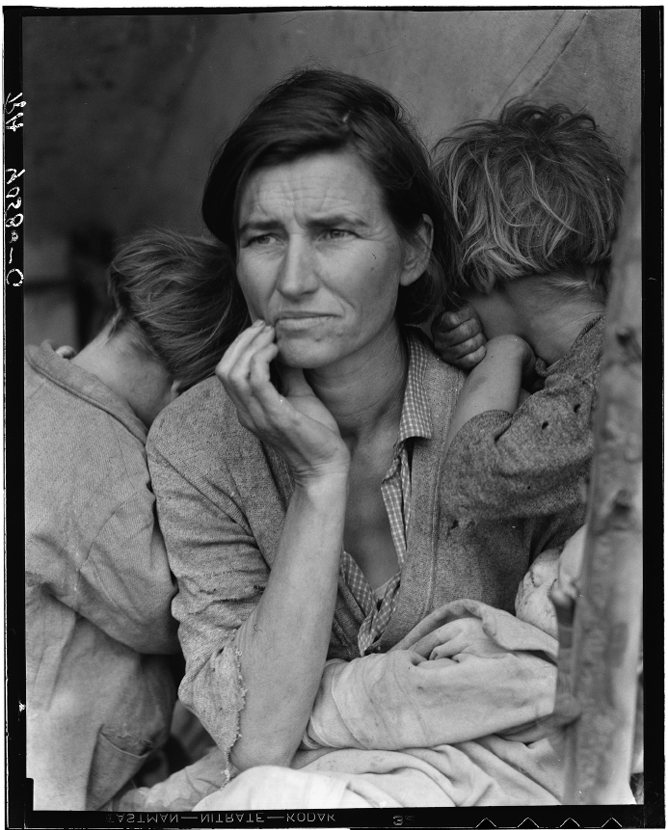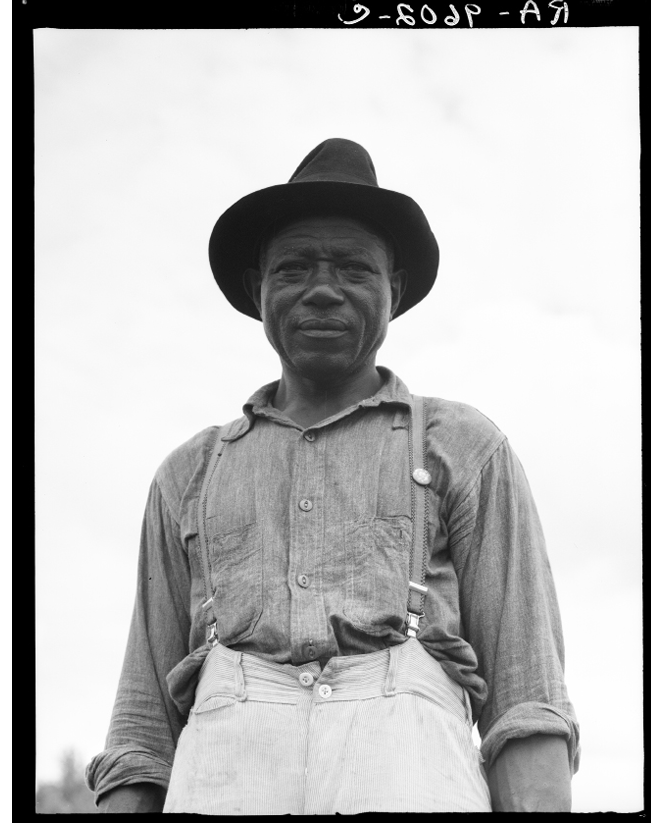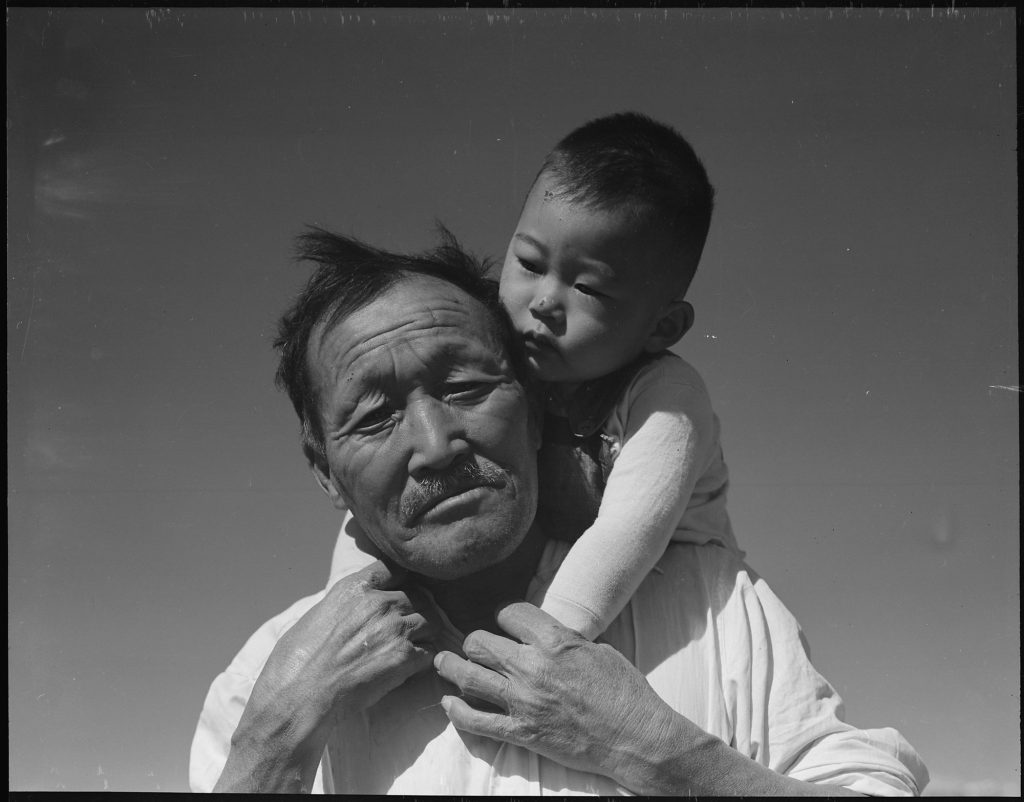The nun Eshun lived at Saijo-ji, among many monks. One fell in love with her and sent her notes—slipping them into her robe sleeve and under her cushion. He begged for an assignation. Finally, Eshun agreed but wrote to him that their meeting would have to be secret, as they were under vows of celibacy. She passed him in the hall and whispered, “I will set the time and place and tell you soon.”
A few days later, the entire community sat together in the zendo in silence. The last to enter was Eshun, and she stood in the doorway completely naked. Everyone stared at her as she walked calmly down the hall and stood before her admirer.
“Well?” she asked him loudly. “If you really love me, how about now?” The stunned monk leaped up and ran out of the hall, never to return.
Eshun was a model of dignified practice, and this is one of several stories told about her graceful response to abuse and harassment. Dignity, from a Latin word that means “worth,” is a word that implies self-respect. I am fond of this story because Eshun expresses this sense of internal self-worth so well. She was at ease with herself and felt worthy of respect. By her behavior, she asked her fellow monk if he felt the same way.
Dignity is often thought of as an intrinsic quality, a part of our human nature—inherent worth. Dignity is one of the Buddhist virtues as well, because human life is seen as particularly valuable. But what is “self-worth” in a system that denies the permanence of any self? In Buddhist terms, our worth is a product of our ability to choose between right and wrong, between truth and delusion—and these are consequential choices. We know the difference between wholesome and unwholesome acts, and we know that our actions have consequences.
Because human beings can deliberately choose to follow the dharma, we can consciously awaken. This potential for enlightenment is the source of self-worth and self-respect. Dignity is part of our karmic inheritance. This dignity has nothing to do with our conditions or how others view us. People have such worth even if they are completely unaware of their own capacity for enlightenment.
A belief in intrinsic worth is the basis for our modern concept of human rights, yet there is a contradiction in how we respond. In modern terms, the opposite of dignity is humiliation, and this plays out with real consequences. When people are forced into difficult conditions or treated with disrespect, they are said to have lost their dignity. People treated poorly may, in fact, lose self-respect—may come to believe that they have no value, may even feel ashamed. Others may see people in harsh conditions as deserving such treatment, even as a little less than human. This may seem to relieve the rest of us of the responsibility to act on their behalf. But if dignity is the expression of intrinsic worth, it cannot be taken away or destroyed by the actions of others—or even by our own self-hatred.

When I think of dignified behavior, I think of the young people who sat at a lunch counter in Mississippi in 1963. They sat quietly upright while people poured ketchup and sugar on their heads and called them names. Such serenity in the midst of abuse is the very picture of dignity. It allows us to both endure injustice and make amends. The strength to remain still in such conditions arises from a deeply felt sense of worth that is beyond one’s surroundings.
We have a thousand stories in our traditions about responding to abuse with grace and dignity. The Sundari Sutta tells of a group of jealous ascetics determined to ruin the reputation of the Buddha’s followers. After enticing a female ascetic to visit Jeta’s Grove several times, they killed her and buried her nearby. Later they dug up the body and paraded it through the town, accusing the monks of raping and murdering her. The monks were reviled and harassed wherever they went. But the Buddha was not bothered. He told the monks it would not last: “With the passing of seven days, it will disappear.” The monks did their begging rounds and stayed calm, and the accusations disappeared. The sutta ends with this advice: “Hearing abusive words spoken, one should endure them . . . with unbothered mind.”
Dayi Daoxin (Japanese, Daii Doshin), the fourth Chan (Chinese Zen) ancestor, was summoned to meet with the emperor, who admired him. Daoxin turned down the invitation with a polite apology. He was summoned again and refused again, and summoned a third time and refused a third time. Finally, the emperor sent an emissary, instructing him to return with either Master Daoxin or Master Daoxin’s head. When the emissary met with Daoxin, he warned him of the order. Daoxin simply leaned over, stretching out his neck so the emissary’s sword could reach it.
Master Daoxin’s dignity was an expression of this greatest of freedoms: not to be disturbed by what might happen to the body. Such composure is based on the knowledge of emptiness—not simply the impermanence of body and mind, but the absolute impermanence of all things, even of emptiness. Part of the traditional definition of dignity has to do with formality, one’s response to the gravity of a situation in an appropriate way. The dignity of the Buddha is the full awareness of each moment, accepting this time and place without resistance or clinging, and responding as needed. Dignity is expressed as total presence.
The emissary did not take Daoxin’s head after all; he returned to the capital and told the emperor what had happened, and the emperor sent Daoxin a gift and left him alone.
When I teach workshops on preparing for death, I ask people what they fear most about dying. Someone always mentions the indignity of becoming dependent. To be weak, to lose self-control and be cared for by others, is seen as undignified. Why do we believe this? Following our sense of dignity as an expression of worth, this clearly implies that to be weak or dependent is to have less value—a belief most of us would vigorously deny. Serious illness is certainly a visible state; privacy is sacrificed. But should we equate strength and privacy with dignity? Part of a serious Buddhist practice is the willingness to be seen, to become transparent to others as well as one’s self. If dignity arises from our internal state, then aging, illness, and weakness become great fields of practice. We can model the upright posture of mind in any condition.
We have a deep need for autonomy. At first glance, the loss of self-determination that comes with illness seems the essence of indignity. The Theravada monk and translator Bhikkhu Bodhi writes that “to live with dignity means to be one’s own master: to conduct one’s affairs on the basis of one’s own free choices.” The ability to choose is, after all, the central aspect of dignity in Buddhist terms. Our glib description of refugees and prisoners as suffering from “indignity” largely refers to their physical limitations. But autonomy isn’t necessarily physical. Bhikkhu Bodhi means, he adds, the ability to live “free from the dictates of craving and bias.” Buddhist dignity is about a true self-determination—the freedom to a lofty view, to live, however physically confined, in spacious mind, aware of cause and effect and the interpenetrating nature of all beings.

Every image of the Buddha looks dignified—serene, relaxed, undisturbed. He wears this face even as he is dying on the ground from food poisoning. He was an old man with cramps and bloody diarrhea, vomiting and in pain. And he said to all, “Here I am. See this.” His dignity had nothing to do with the dissolution of compounded things and everything to do with understanding that truth. I try to imagine that very face on the terrified refugee hanging on the edge of a crowded boat in a heaving sea, or on a prisoner of war forced to crawl naked at the end of a dog leash. The dignity of the Buddha expresses an inner state above and beside emotion. We are human; we cry, lose our tempers, tremble with fear. There is nothing passive about this dignity; it is warm and alive. The prisoner weeps, the refugee shouts, but the serenity holds it all.
Most of us will not be challenged so bluntly; we will simply struggle with small mistakes and embarrassments. Several years ago, I was at a Parinirvana retreat attended by about 50 people from different sanghas. The bishop of the Soto Zen school in North America and a number of teachers, including my own teacher, Kyogen Carlson, led the retreat. The dignitaries—a word clearly relevant here—were seated on a small stage above the main floor where the rest of us were arranged around low screens. We took all our meals by oryoki at our seats.
At the start of one lunch period, as we recited the meal verse, Kyogen began to open his oryoki set, and somehow everything went flying—up and off the stage, napkins, bowls, and utensils.
“Oops!” he said, into a moment of sudden silence. He laughed to himself as he got up, crossed the stage and went down the stairs to gather up his bowls and start again. But I knew him well, and I knew he was ashamed of himself.
In modern terms, the opposite of dignity is shame. In Buddhist terms, dignity and shame are aspects of one thing. In Sanskrit, the word hri is typically used to mean the sense of shame, as well as modesty, shyness, and timidity. But in the Buddhist use, hri (Pali, hiri) also means conscience, self-respect, and dignity. This is a key emotion when developing moral behavior in practice. How can dignity be the same as shame? Hri represents the state in which we want to avoid harm and ill choices. Bhikkhu Bodhi calls this “an innate sense of shame over moral transgression.” In fact, our internal self-respect and belief in our own worth is the source of this shame; we know we can do better, that we are better than our conditioned behavior sometimes shows. Hri is often coupled with apatrapya (Pali, ottappa), the awareness of consequences, what Bhikkhu Bodhi calls “moral dread.” We feel an internal shame when we fall short, and concern with the results of falling short. These so-called base emotions drive us into right view and right conduct; for many people, shame and a desire to change are the stimulus for starting a practice. Great energy pours into our life, the energy to choose wholesome acts when we might otherwise slip into wrongdoing.
I was told once by an evangelical Christian that her definition of repentance was “to do otherwise.” That rang true to me. We are pained by our mistakes, for the right reason. A sense of contrition and remorse does not have to mean self-hatred, but instead it can rise out of the genuine desire to be good for others. This is a healthy shame, driving us forward into virtuous acts, with more care. Dignity allows us to come forward, rather than trying to hide mistakes and flaws. You allow yourself to be seen, to say, “See? This is who I am.” Then you take another step forward. Over time, our behavior becomes naturally modest, because we are being careful to avoid impulsive acts, and when a mistake is made, hri reminds us of our dearest goal: to be better, to be bigger.
The collection of stories of the Buddha’s earlier lives known as the Jatakamala teaches that bodhisattvas behave appropriately because they have this sense of “self-shame.” Hri is the inner teacher, the guide inside. Kyogen and I discussed the relationship between shame and guilt many times. Shame, he thought, was a response to our behavior and a spur to self-improvement in just this way. A few hours after he dropped his oryoki bowls in front of everyone, he sat next to the bishop and opened his bowls very carefully.
Eight times down, nine times up. If we have a sense of dignity, we can say “I’m sorry” and “I don’t know” and “I was wrong” without thoughts of self-protection. We can be a model of practicing with age and illness, the model of how to be a prisoner or a refugee. We can be the model of dropping one’s bowls in front of the bishop, of how to straighten one’s shoes, sweep up the broken glass, go to the toilet and take out the compost.
Dogen used the phrase “conduct and observance” as the marker for how we express our understanding. How we behave in any given moment, he wrote, is a complete expression of enlightenment. The circumstances are unimportant. We should learn, he writes, of “dignified behavior as the whole cosmos and dignified behavior as the whole earth.” The “dignified posture” is “the body, in the great truth, being relaxed.”
I am writing this as snow falls, and I watch the almost silent transformation of the textured world into a smooth plane where differences disappear. The snow falls in fragments so delicate that a mere breath can destroy them—the way moments fall, the way our life passes by. It covers the earth with something strong and solid and pure. Here is the core meaning of self-worth for a person of the dharma. Each of us may be nothing more than a moving wave of change, but we are waves able to know this fact. We rise and fall in an infinitely deep and timeless sea, upright and undisturbed. We share the vast dignity of awakening.
Thank you for subscribing to Tricycle! As a nonprofit, we depend on readers like you to keep Buddhist teachings and practices widely available.
